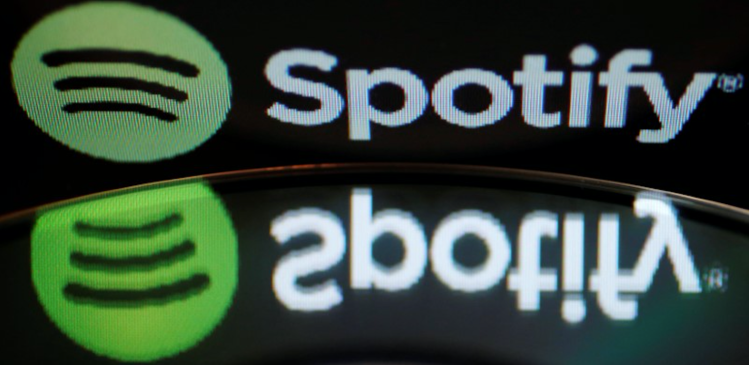Officials from the Securities and Exchange Commission (SEC) have met with Spotify executives to examine the company’s plans to bypass the initial public offering (IPO) market and list shares directly on the New York Stock Exchange, according to Bloomberg.
Such direct listings, rare on major stock exchanges, tend to involve small companies moving from the over-the-counter market to a national exchange. Spotify is valued at $13 billion, making its plans for a direct listing an unusual tactic that other privately held tech companies could adopt if it proves successful. This would also be the first direct listing on the NYSE.
A direct listing from Spotify would offer an interesting test case for an alternative to IPOs. In March, the NYSE asked the SEC to alter its listing standards in a way that would allow for more direct listings on the exchange — a change some are calling the “Spotify rule.” The SEC has yet to decide on the rule change.
Many tech startups have shied away from going public to avoid underwriting and compliance costs, as well as the daily volatility that can afflict money-losing companies in the public market. Tech IPOs have been sluggish in the past year and a half, despite recurrent predictions that the pace of offerings would pick up. In 2015, 31 tech companies went public, a figure that declined to 18 in 2016, according to Fenwick & West. In the first half of 2017, 12 tech companies staged IPOs.
June 5th: The AI Audit in NYC
Join us next week in NYC to engage with top executive leaders, delving into strategies for auditing AI models to ensure fairness, optimal performance, and ethical compliance across diverse organizations. Secure your attendance for this exclusive invite-only event.
By listing shares directly, Spotify could avoid the compliance and disclosure requirements that many larger companies would face during an IPO, although standard reporting requirements would apply once Spotify is public. It would also save on underwriting fees but could open Spotify’s shares to price volatility that underwriters work to avoid by building demand, determining the offering price, and otherwise providing deal support.
Finally, direct listings come with no restrictions on when insiders can sell shares, which could add to early selling pressure if the stock performs poorly upon listing. All of these factors bring unpredictability to Spotify’s plans — its listing could go smoothly or it could see unusual trading volatility.
In addition, Spotify has a unique reason to seek a direct listing. Last year, the music streaming company raised $1 billion in convertible debt from TPG and others. This included terms that grow favorable to TPG the longer Spotify remains private. Every six months that passes without Spotify going public raises the debt’s interest rate by a percentage point, while promising more shares to TPG when it finally hits the public market.
It’s unclear whether the SEC’s scrutiny presents any obstacles to Spotify’s direct listing. Registration statements for direct listings are also subject to SEC approval, and given the novelty of a company as large as Spotify listing directly, as well as its possible impact on other private tech companies considering a similar move, officials may want to better understand the plans.
An SEC spokesman declined to comment on any talks between SEC officials and Spotify, saying the agency doesn’t discuss individual companies.

